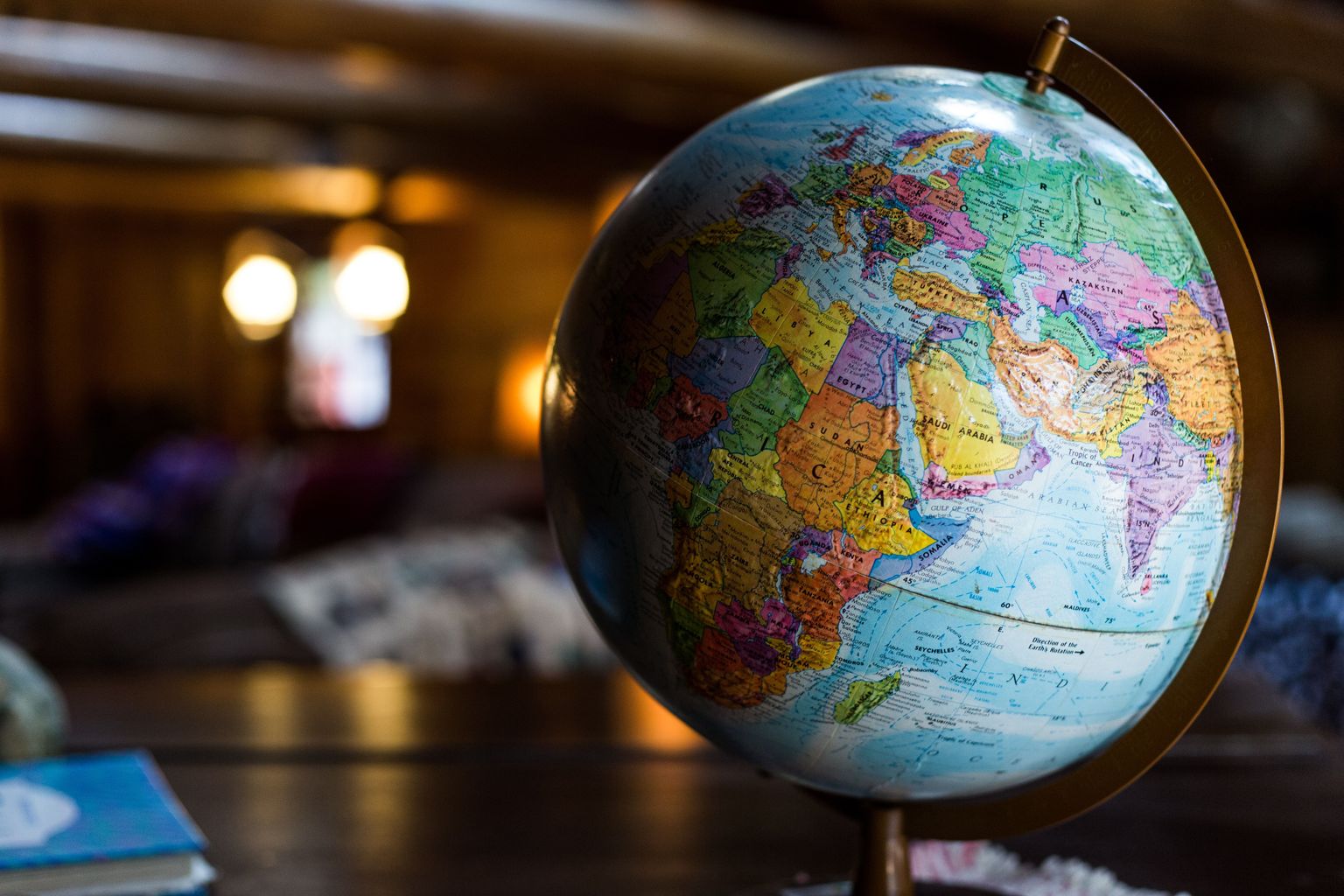- Energy and Climate
Creating additional dynamics ahead of COP27 for a stronger AU-EU adaptation partnership
- Vhalinavho (Vhali) Khavhagali

In November 2021, it was announced that Egypt would host the 27th Conference of Parties under the United Nations Framework Convention on Climate Change (UNFCCC), in Sharm El-Sheikh in November 2022. This marks Egypt’s intent to support the race against climate change and play an influential role in climate diplomacy at the African and global level.
“According to the latest IPCC AR6 report, Africa is one of the most vulnerable continents in the world when it comes to the adverse effects of climate change, with least developed countries most damaged, of which 33 are in sub-Saharan Africa. ”
As a result, African countries will most likely not achieve the Sustainable Development Goals (SDGs) by 2030, and climate change is a factor increasingly undermining human and economic development efforts.
By contrast, the European Union (EU) as a country group has been the second most important contributor to global climate change, due to the high level of cumulative emissions from this region. Thus, the EU faces a particular responsibility for reducing its emissions, and at the same time, as a matter of equity, to assist African countries, both technically and financially with adapting to the consequences of climate change.
“Following the 6th AU-EU Summit in February 2022, a significant milestone was reached, which enables Africa and Europe to break new ground and build a shared future, by intensifying work on adaptation. ”
This is being taken forward by the Africa-Europe Foundation, as part of its climate portfolio which encompasses energy, agriculture, ocean and the blue economy. Its aim is to build an inclusive and transformative partnership between Africa and Europe, with a focus on developing a commonality of purpose despite the complex, sometimes diverging perspectives and approaches to climate adaptation.
Opening up and digging deeper into the space for discussion on climate adaptation are crucial to rebalance the power dynamics and address the growing anger and mistrust felt by African countries as we move towards COP27.
“This feeling is founded on the failure to deliver the $100 billion climate pledge by 2020, despite being made in 2009. The EU is also not recognizing the call from the African Group of Negotiators (AGN) for Africa to be considered as a continent with special needs and circumstances. ”
Moving from COP26 to COP27 implies transitioning from a COP that failed on climate finance to one that must address the issue of loss and damage centre-stage. This serious and contentious element of climate negotiations deserves to be discussed, given huge impacts of climate change on African society, economy and natural environment. In preparation for COP27, the EU Climate Envoys could reach out to the African colleagues, and suggest a discussion with the African Group of Negotiator to find common ground on this issue. Such discussions could help the next steps in the climate negotiations by showing interest and engagement.
The Global Goal on Adaptation (GGA) aims to: “scale-up adaptation finance provided by developed countries for priority actions in developing countries, and longer-term needs, based on adaptation scenarios linked to different warming levels, and a 2025 adaptation finance target”. It can also become the key to addressing and building a reinforced Africa-Europe adaptation partnership. There are different interpretations of how the GGA fits within the Paris Agreement, and how to make it work. There are still no clear definitions in the GGA on what must be measured, and how to assess progress. We need to make progress on the GGA and try and answer the following questions: what is the common thread that binds AU-EU countries together in the GGA, and how can this help strengthen the cross-continental partnership? What are the policy, research and implementation needs for Africa to address climate actions in view of COP27?
As such, the GGA focus should be trained on the most vulnerable people and communities; their health and well-being; food and water security; infrastructure and urban settings; landscapes, environment and ecosystem services, particularly targeting most vulnerable countries, and including Small Island Developing States (SIDS) and Least Developed Countries (LDCs).
“While the Glasgow-Sharm el Sheikh work programme on GGA is due to conclude by COP28, the European Union and the African Group of Negotiators will need to work closely together to agree definitions, using the same approaches and modalities, for future evaluation and needs. ”
In conclusion, preparations for COP27 must get the two continents’ teams of negotiators together to address a number of important elements, if it is to deliver ambitious commitments. The EU and its lending arms need to rebalance the climate finance portfolio, and show how it will double adaptation funding by 2025. All these issues could derail progress in the climate discussions, if not addressed beforehand. Positive outcomes from talks held over this summer could create better dynamics for a stronger AU-EU partnership, leading to common language to advance climate action at COP27. Preparation is key. Let’s hope the negotiators and envoys pick up the phone.